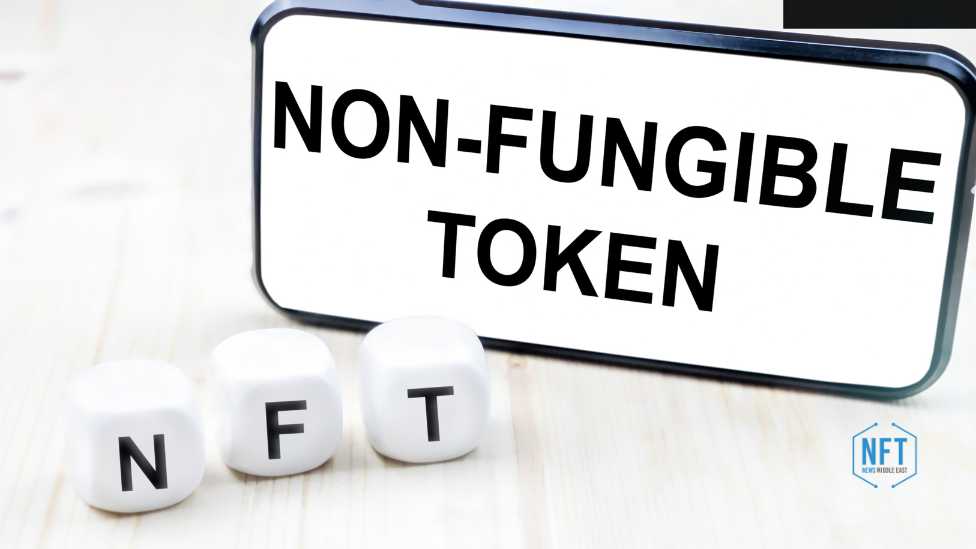Are you wondering what the legal landscape surrounding NFTs in Turkey looks like? In this article, we explore insights into the regulations and the government’s stance on NFTs in Turkey. Below, we delve into the implications of this regulation, the stance on blockchain technology, and the evolving NFT landscape within the country.
To What Extent Is Crypto Legalised in Turkey?
The Regulation Prohibiting Payments Through Crypto Assets was published in 2021 on April 16 in the Official Gazette, and it prohibited the direct or indirect use of crypto assets for payments, as well as the provision of associated services. It went into effect in Turkey on that date.
While it is illegal to use cryptocurrency as a means of payment, it is legal to offer services that enable people to buy, sell, and transfer cryptocurrency. Furthermore, it is not forbidden to offer services related to the offering and custody of cryptocurrency assets.
Tokens and other crypto assets have only ever been used as instruments for investing in Turkey for many years because of the aforementioned ban, which has severely limited the use of these assets in the country.
NFTs In Turkey: Are They Legal?
Although there aren’t any laws governing non-fungible tokens (NFTs) in Turkey at the moment, as NFT use continues to rise, Turkish courts have seen an increase in NFT-related conflicts and have set some precedents that will likely ease the rollout of NFTs in the coming days.
What Is The Turkish Government’s Stance On Blockchain Technology?
Although the Turkish government’s stance on cryptocurrency is regarded as neutral, to an extent, its stance on blockchain technology seems to be more favorable. The Republic of Turkey’s Ministry of Industry and Technology, as well as the Strategy and Budget Presidency, are actively developing and considering blockchain initiatives.
It is also worth noting that the Financial Crimes Investigation Board of Turkey issued the Crypto Asset Service Providers Guidelines in May 2021. It outlines the measures crypto asset service providers should take in terms of KYC and AML prevention. This guidance provides the fundamental principles governing the obligations of Crypto Asset Service Providers, including the prohibition of the laundering of illicit funds and financing terrorism. Aside from the previously indicated recommendations, no official guidance on the usage of blockchain technology has been released.
What Is The NFT (Crypto) Landscape In Turkey?
Turkey’s high population density and strong interest in cryptocurrency trading platforms point to a potentially significant transaction volume in the nation’s cryptocurrency market. Nonetheless, many local and international service providers are required to abide by the rules established by the Financial Crimes Investigation Board in order to operate in Turkey. Despite their existence, a lot of Turkish banks have been hesitant to handle cryptocurrency transactions because of legal limitations that prohibit the use of them directly or indirectly for payments and associated services.
Takeaways
While NFTs hold immense potential as a transformative digital asset class, their legal status in Turkey is still evolving.
















